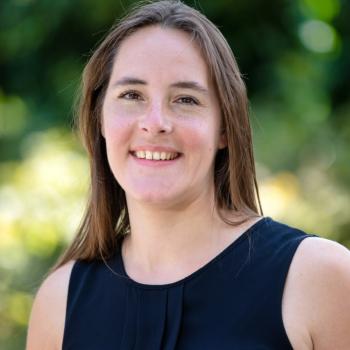Dynamic associations between anxiety and alcohol use from early adolescence to young adulthood.
Studies on the relationship between anxiety and alcohol consumption in adolescence are yet inconclusive about the direction of the effect. In particular, there seems to be a clear relationship between anxiety symptoms and alcohol addiction in young adulthood. However, anxiety symptoms have been less frequently associated with alcohol use in adolescence. In this study, we explore the direction of the relationship between anxiety symptoms and alcohol use during adolescence to young adulthood. Is there possibly a changing relationship in late adolescence when the social context changes and thus alcohol use also takes on a different function in adolescent development. The Tracking Adolescents’ Individual Lives Survey (TRAILS), including 2,229 individuals at baseline, was used to evaluate the bi-directional and longitudinal associations between anxiety symptoms and alcohol use, using data at 14, 16, 19, 22 and 25 years of age. Cross-lagged models revealed negative associations of anxiety symptoms on alcohol use three years later until 19 years, suggesting that on a group level, anxiety symptoms predict less involvement in alcohol use three years later. No prospective associations between alcohol use and anxiety and alcohol use during adolescence and young adulthood, with the only exception of alcohol use at age 19 predciting lower levels of anxeity symptoms three years later. Overall, the results suggest that anxiety symptoms may withhold adolescents form experimenting wih alcohol use druing adolescence. This effect disappears in young adulthood, perhaps as a result of changing roles in young adulthood and a different function of alcohol use when adolescents are getting older. For some young adults with anxiety symptoms, alcohol use may become a way to cope with the challenges in their social lives.
